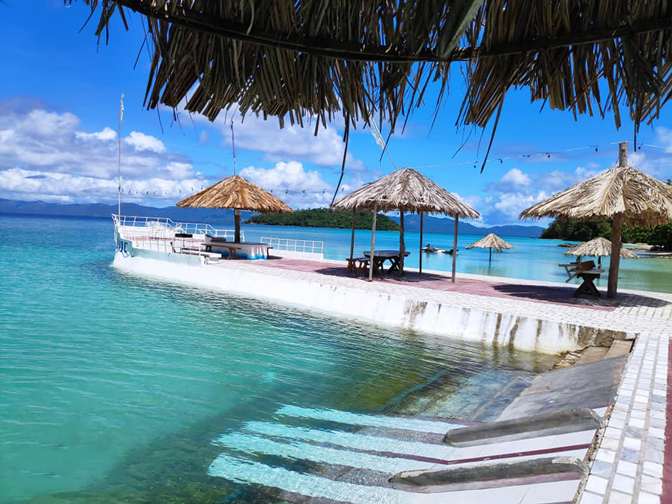The Mangyan tribe in Romblon lives far from the center of town.
Their homes sit in the mountains, hours away from paved roads. Many use wood, leaves, and stones to build shelter. They live without electricity or running water.
Do you know what it’s like to walk five kilometers just to fetch water? They do it every day.
No Access to Health Services
There is no clinic in the area. If someone gets sick, they rely on herbs or travel far to see a doctor.
A mother shared how her child had a fever for three days. She wrapped him in wet towels and prayed. They had no way to travel to town at night.
Some children do not survive high fevers or infections.
Why is there no health outpost closer to their village?
Would you accept that if it were your child?
Schools Are Too Far
Most Mangyan children do not attend school.
The nearest school is several kilometers away. There is no transport. They must walk through rivers and muddy trails. Some parents choose not to send their kids because the trip is risky.
A 10-year-old boy said he wants to become a teacher. But he stopped attending classes because he kept getting sick from walking in the rain.
Do you think you’d go back to school if that happened to you every week?
Even when they get to school, language is a barrier. The Mangyan speak their native tongue. Teachers use Filipino or English.
Farming with No Tools or Land Rights
Most families survive on farming. They plant rice, sweet potato, and vegetables.
But they don’t own the land.
They farm on mountainside plots passed down through generations, but they have no legal titles. This puts them at risk.
If a developer or outsider claims the land, they have no way to fight back.
Without land rights, they cannot apply for farming assistance or loans.
How can a farmer grow food if they don’t know if they’ll keep the land next year?
No Birth Certificates, No Identity
Many Mangyan people are not registered.
No birth certificates. No IDs. No proof of existence in legal records.
Without these, they cannot:
Enroll in school
Get health benefits
Apply for jobs
Receive government aid
Imagine being denied help during a typhoon just because your name isn’t in the system.
A mother said she gave birth at home. The child was never registered. She does not know how to fix it.
Would you know what to do in her place?
Cultural Bias and Social Exclusion
People in town often treat Mangyan people as different.
Some avoid sitting near them. Others think they are unclean or uneducated.
This bias makes it harder for Mangyan youth to blend in or seek work.
One teenager said he applied for a job at a store. He was rejected after they heard his last name.
Would you keep trying if that happened to you again and again?
What Needs to Change
Here are a few things that can make real impact:
Mobile health clinics that visit their villages
School programs with native language support
Legal aid for land titles and birth registration
Skills training that fits their way of life
Community awareness to stop discrimination
These are not big dreams. These are basic needs.
Change won’t come from one big project. It starts with small, steady actions.
What You Can Do
You may wonder: “What can I do about this?”
You can start by learning.
Then ask more questions:
Can I support local groups that work with Mangyan communities?
Can I talk to others about their situation?
Can I volunteer time or skills?
Even sharing a post online can spread awareness.
The Mangyan are not asking for handouts. They want equal access.
To education. To healthcare. To land.
Is that too much to ask in 2025?
Let’s stop looking away.
Let’s listen.
Let’s act.


